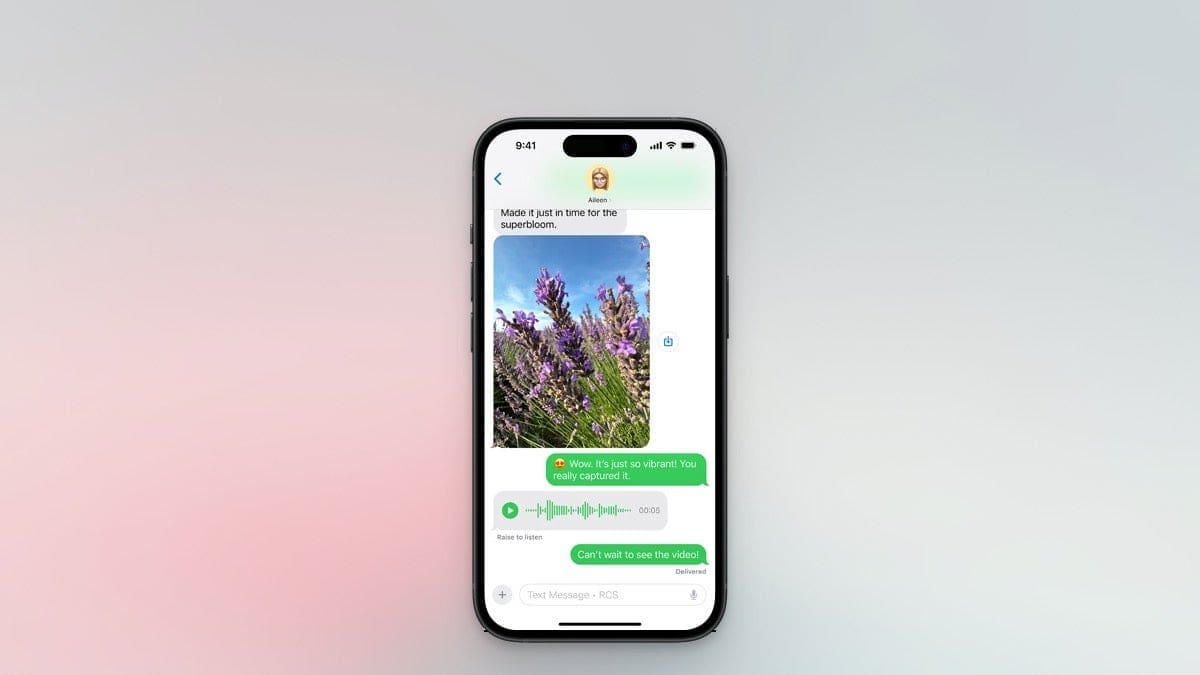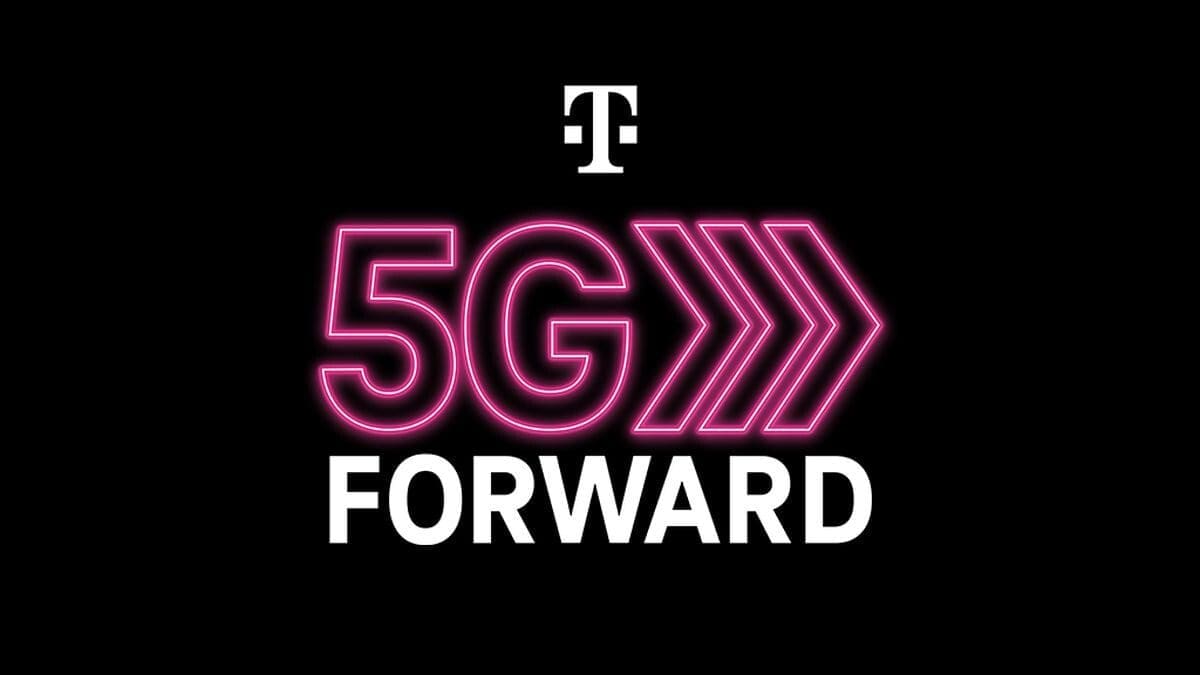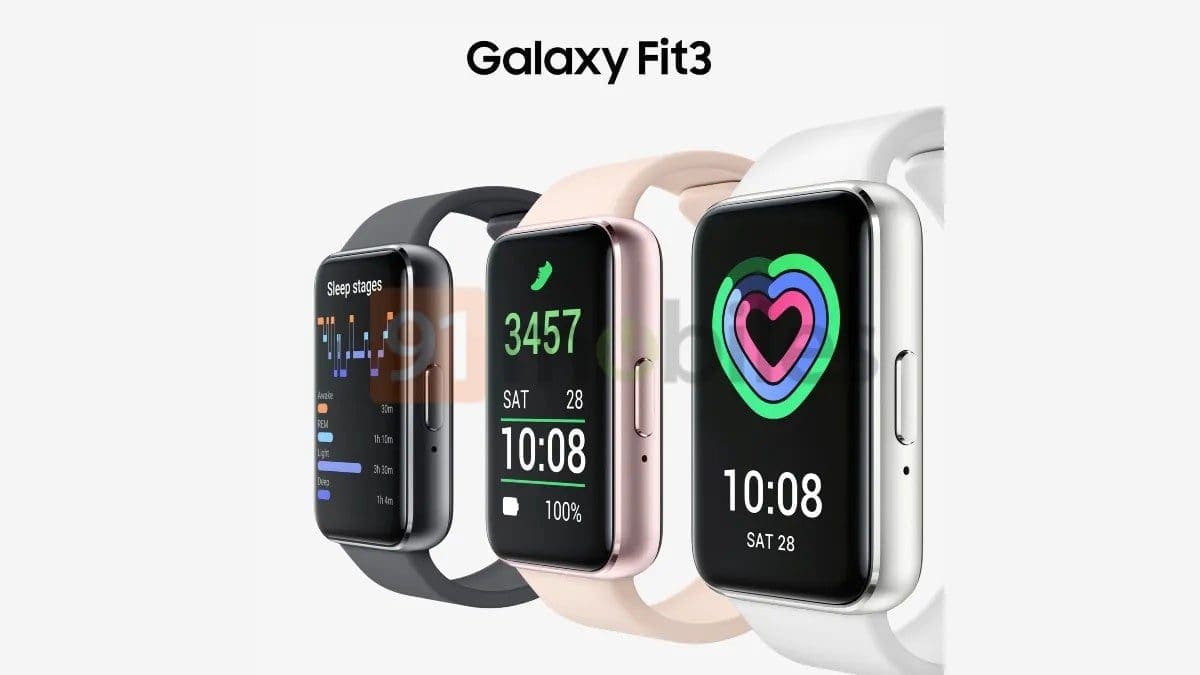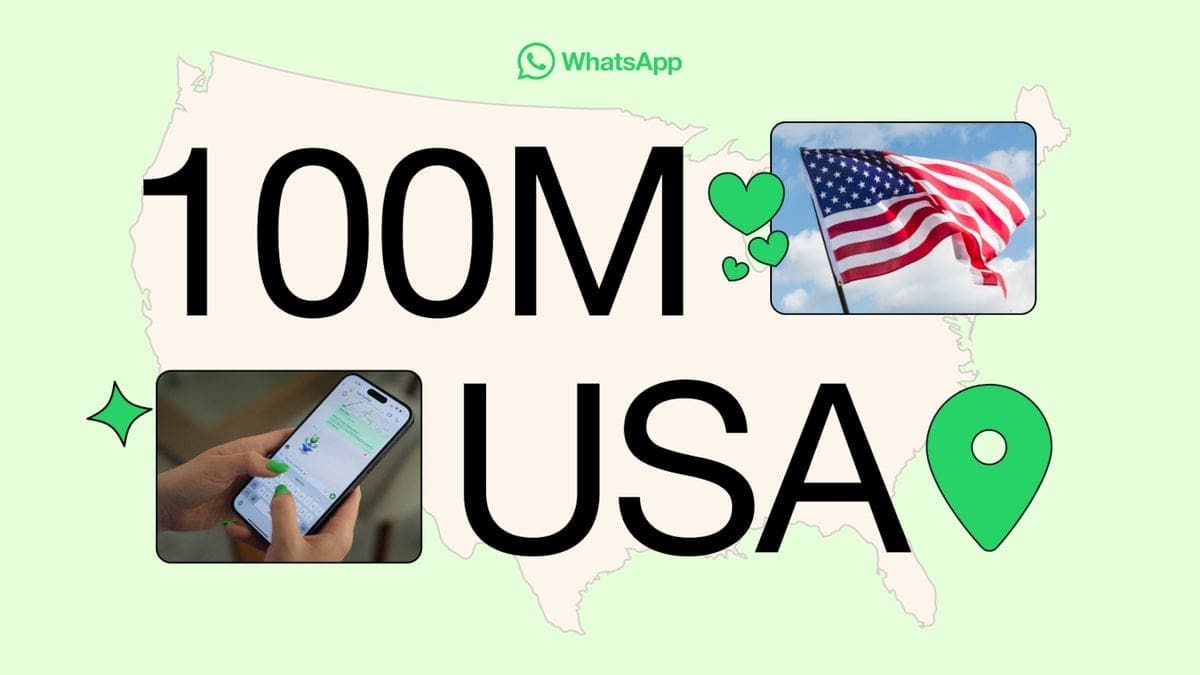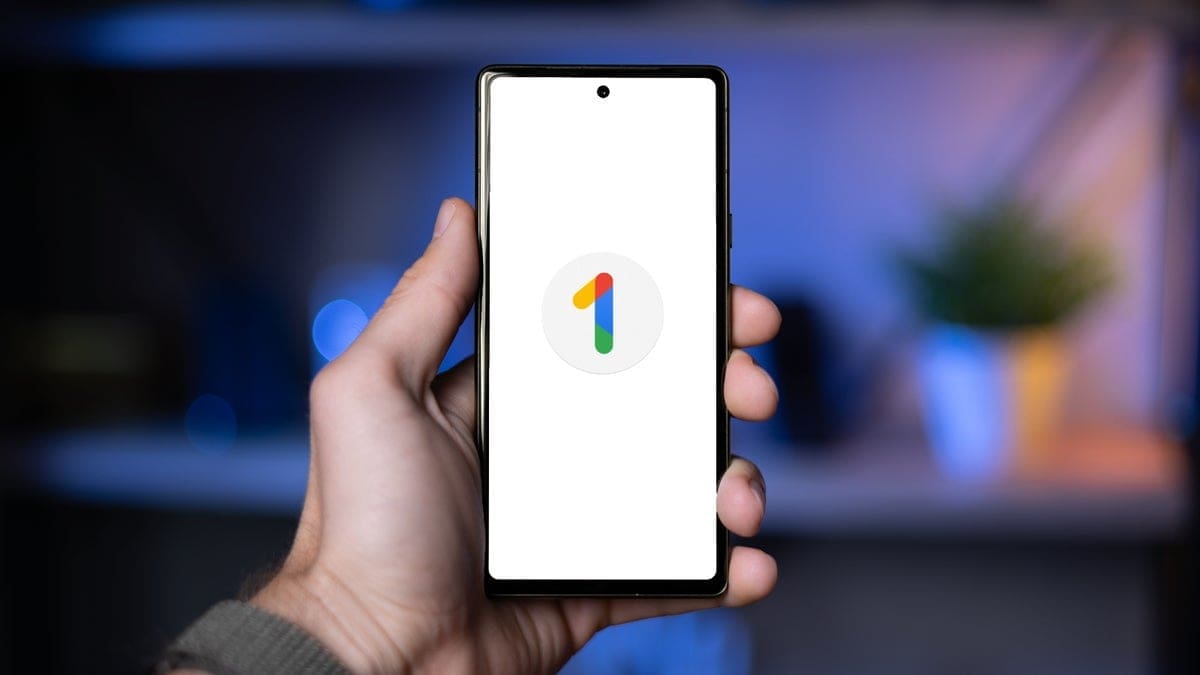Jake is a Global Cybersecurity Advisor for ESET with well over a decade of experience fighting online threats, and I had the opportunity to ask him all the burning cybersecurity questions my team and I had during a 45-minute interview. “Facebook, Meta, Instagram – they’re not legally allowed to listen. They haven’t got the capability of listening […] I’ve never seen any genuine, scientifical evidence that they’re listening. Yet I’ve heard thousands of anecdotal impressions,” he added.
Naturally, this makes one wonder what’s going on. If our phones can’t really eavesdrop on everything we say around them to serve us relevant ads, why do I, my friends, and PhoneArena readers have experienced ad targeting that seems to suggest otherwise? Jake introduced me to a more likely explanation.
Hey Wiretap, what’s the weather today?
Before I proceed further, I must clarify that phones do actually have the technical ability to listen. That’s how voice assistants work. If given permission, they can listen for wake words like “Hey Siri” and “Okay Google” and spring from stand-by into action. That’s a feature you actively agree to have enabled.
What phones aren’t allowed to do is to listen actively and secretly to everything we say. They can’t log our conversations to serve us targeted ads based on what they hear with their microphones.
But even without this ability, Meta and Google already know a lot about us – more than most people realize. They know our age, gender, and family status; they know where we live and what places we visit; they know who we’re friends with and what we and they are interested in; they know what we search for, what content we consume, what brands we buy, what topics we’re interested in.
Tech giants are also skilled at making connections between data points like the ones above. These connections are then used to serve ads we’re more likely to be interested in – ads people with profiles like ours tend to click on. Add to this a bunch of biases and tendencies we all have, and the recipe for suspicion starts brewing.
The tricks our brains play on us
That was freaky, right? Our brains have many flaws/features that sometimes play tricks on us. Long story short, our meat computers tend to focus only on what’s current, important, and may have an immediate effect. Other stimuli are simply filtered as taking in everything from everywhere all the time would be overwhelming. For those curious, there’s a book called The Invisible Gorilla and it covers this phenomenon in detail.
How does that affect what ads we notice?
Studies show that people say thousands of words per day, and surely, among them are keywords that can be linked to a product, service, or business advertised online. At the same time, the number of ads we’re served daily is in the hundreds. Therefore, if our phones were listening to us to serve us ads, it’s logical to expect unique, suspicious matches to occur much more frequently – multiple times every day, no doubt.
But the thing is people don’t pay attention to the hundreds of instances when ads didn’t match what they’d talked about. On the other hand, people do notice the matches, likely because whatever’s in the ad is already on their minds. They’re having a conversation about it, after all. Actually, it’s not impossible for the conversation to have been subconsciously triggered by the same or similar ad, which had briefly appeared earlier.
And sometimes it’s just a combination of chance and Facebook et al reading data patterns. Remember: Google and Meta already know more about you and your habits than you think – so when an ad for a favorite restaurant appears right after you mention it, that’s most likely because you already go there often during that time of the day. That ad was going to pop up anyway.
I’m sure not everyone will be happy with this explanation, but it remains a likely one until rock-solid evidence appears to prove we’re being spied on. Got creepy ad targeting stories to share? The comments section below is all yours!




